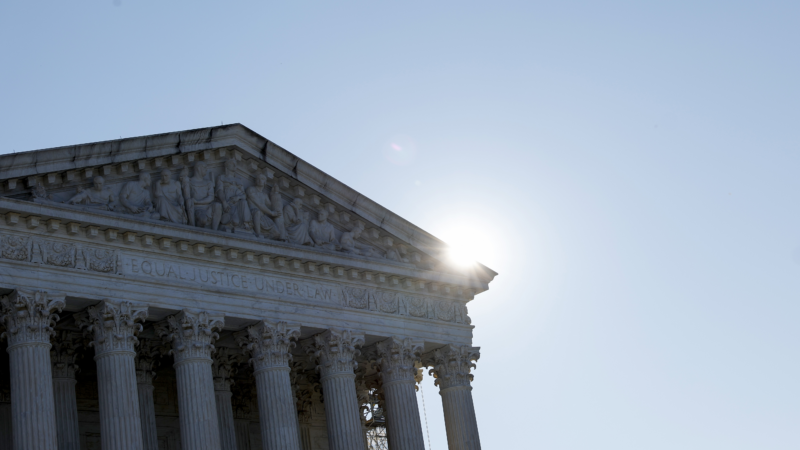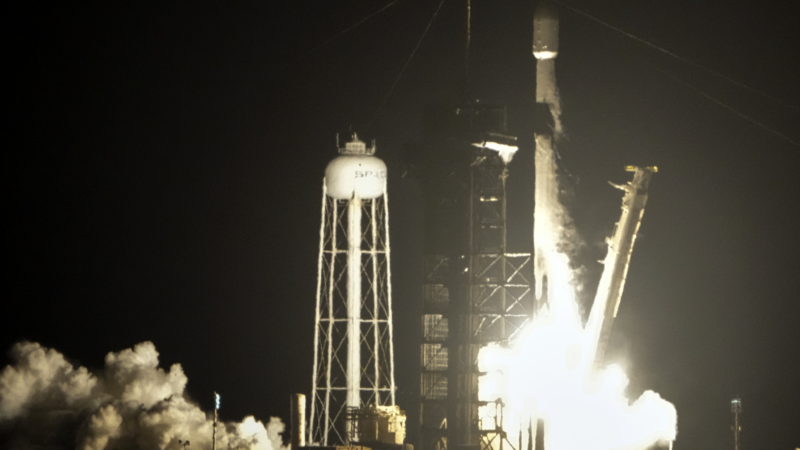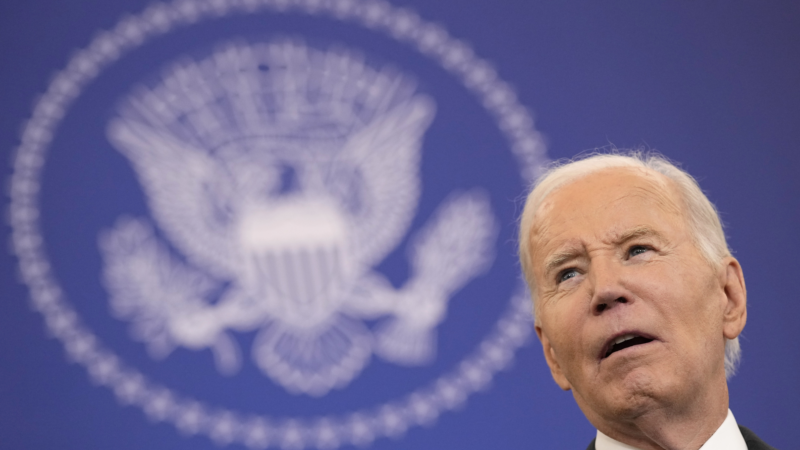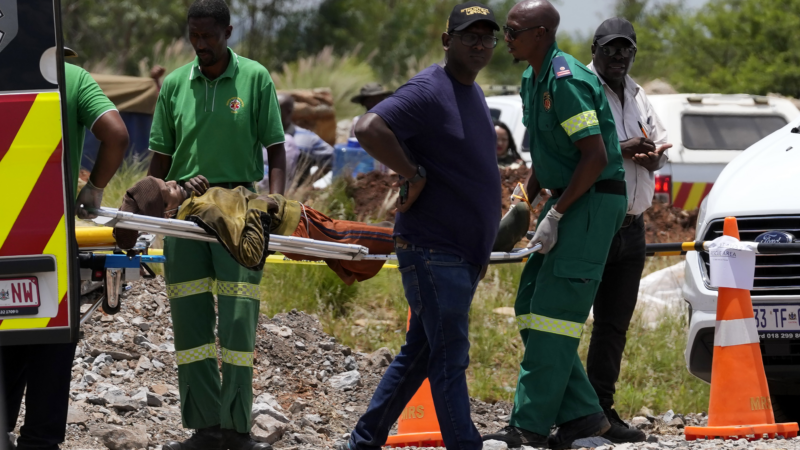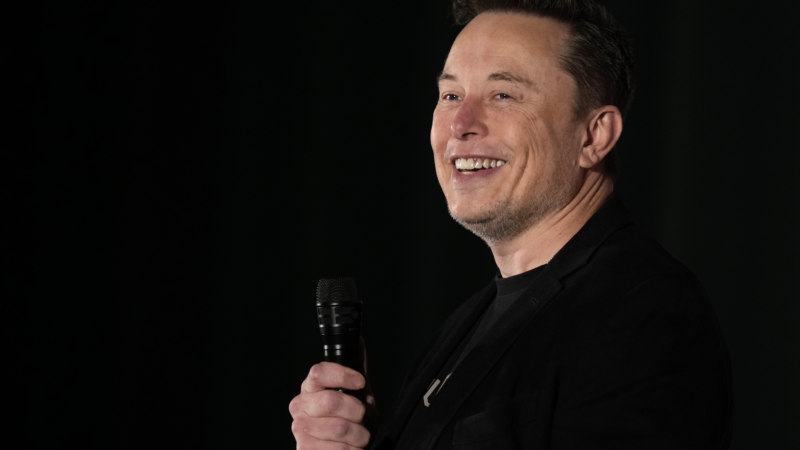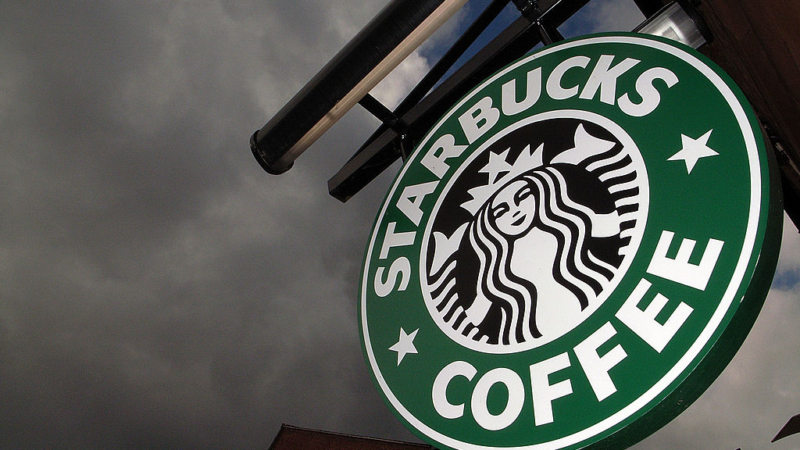Supreme Court to consider whether Catholic group is exempt from religious taxes
The U.S. Supreme Court on Friday agreed to decide whether charities run by religious groups have to pay unemployment taxes that cover their employees.
Most, but not all, states generally exempt religious groups from having to pay into the state’s unemployment tax system. Federal law does exempt religious schools from having to participate in the federal-state program. But the court has never ruled on the question of participation by charitable organizations run by religious groups. Now the court has agreed to tackle the question in a case brought by Catholic Charities against the state of Wisconsin.
The Catholic Charities Bureau of the Diocese Superior, Wisconsin, a non-profit corporation, is the social ministry arm of the Catholic Church. Its mission is to “carry on the redeeming work of our Lord by reflecting gospel values and the moral teaching of the church,” and it carries out that mission by “providing services to the poor and disadvantaged” without making distinctions “by race, sex, or religion.” The organization hires staff without regard to religion, instructs that the charity should be exercised “in an impartial manner towards members of other religions,” and operates “dozens of programs in service to the elderly, the disabled, the poor, and those in need of disaster relief.” In addition, the charity avowedly does not proselytize.
In light of all that, Catholic Charities applied to the state for an exemption from paying unemployment taxes for its employees. But the state labor commission refused the application, on grounds that the charitable group was engaging in activities that “are not religious, per se,” and thus are not entitled to be exempt from paying unemployment taxes.
In March, a closely divided state Supreme Court agreed, citing what it called objective criteria. The state court said that the charity’s activities were mostly secular, noting that the organization does not “attempt to imbue program participants with the Catholic faith, nor supply any religious materials.” The state court also observed that the charity “did not proselytize, did not conduct worship services, religious outreach, or religious education.” Therefore, the state court concluded, the charity is not qualified to be exempt from state unemployment taxes as a religious institution.
Catholic Charities promptly appealed to the Supreme Court, asserting that the Wisconsin decision violates the First Amendment guarantee to the free exercise of religion, as well as the separation between church and state.
The court will hear arguments in the case after the first of the year, with a decision expected by late June.
2 private lunar landers head toward the moon in a roundabout journey
In a two-for-one moonshot, SpaceX launched a pair of lunar landers Wednesday for U.S. and Japanese companies looking to jumpstart business on Earth's dusty sidekick.
Biden moves to lift state sponsor of terrorism designation for Cuba
President Biden notified Congress of his intent to lift the U.S. label of Cuba as a state sponsor of terrorism as part of a deal aided by the Catholic Church to free political prisoners on the island.
Dozens of survivors and dead pulled from abandoned South African mine
The mine has been the scene of a tense standoff between police and miners since authorities launched an operation to force the miners out by cutting off food and water from the surface.
South Korean law enforcement officers detain impeached President Yoon
Yoon was brought into custody about three hours after hundreds of law enforcement officers entered the residential compound in their second attempt to detain him over his imposition of martial law last month.
SEC sues Elon Musk, says he didn’t disclose Twitter ownership on time before purchase
The U.S. Securities and Exchange Commission says Musk failed to disclose his ownership of Twitter stock in a timely manner before buying the site and underpaid by $150 million for shares he bought.
No such thing as a free toilet: Starbucks reverses open bathroom policy
The new guideline is a reversal of a 2018 open-door policy that was implemented after two Black men, who had not ordered anything, were arrested at a Philadelphia store.
